Seven months had passed since the last face-to-face meeting at the presidential palace of Cerro Castillo in Viña del Mar. President Gabriel Boric and the coalition of political parties supporting him were set to reconvene. The leaders were scheduled to gather at 8:00 p.m. to delve into the details of the President’s recent state of the nation address. The atmosphere was tense as members from various alliance parties acknowledged the delicate scenario, with internal relations strained. The upcoming presidential primary on June 29, featuring four official candidates, added to the pressure. Additionally, differences emerging in the final stretch of Boric’s presidency now cast doubt on the future of the governing alliance.
Jaime Sáez, head of the Frente Amplio parliamentary group, expressed the hope that this meeting would foster unified action within the official coalition, emphasizing the need for a common narrative in the last year of governance.
The issue that stirred the most division within the governing alliance was the government’s proposal to legalize abortion. While the Frente Amplio supported the initiative, the Democratic Socialism party questioned its feasibility. Jeannette Jara, the Communist Party’s candidate, criticized the timing of the proposal, considering Boric’s term was nearing its end. Recent days saw tensions rise as the Frente Amplio criticized Carolina Tohá for her party’s objections to the abortion bill. Gonzalo Winter, the party’s candidate, was the first to challenge the former Interior Minister. Even within the Democratic Socialism party, some hoped Tohá could influence the bill’s progression.
Helia Molina, a PPD member, emphasized the importance of social democratic parties aligning on the abortion issue, acknowledging potential dissent among legislators with religious or personal objections.
While expectations varied among the coalition members ahead of the Cerro Castillo meeting, each party had specific areas of interest. For instance, Héctor Ulloa, PPD’s and independent deputies’ parliamentary leader, sought clarity on the transformation of Punta Peuco into a standard prison, the abortion bill’s timeline, and upcoming labor-related legislation. Juan Santana, the Socialist deputies’ parliamentary leader, emphasized the meeting’s significance for coordinating efforts between the executive, parliament, and official parties in the final year of the administration.
Before 9:00 a.m. on Monday, President Boric’s ministers had already conducted ten media interviews. The President himself was slated for exchanges with the national press, with a particular focus on sustaining the momentum from his recent address. This strategic media engagement aimed to control the narrative, especially after controversies like the ProCultura funding scandal and the fallout from the former sub-secretary, Manuel Monsalve’s case, which marred Boric’s Japan visit.
The ministers’ active media presence underscored the government’s commitment to promoting Boric’s key announcements and initiatives, ensuring they remained at the forefront of public discourse.
In addition to media engagements, there was a concerted effort to amplify the impact of Boric’s address in the regions. Ministers embarked on a series of activities and local media interviews to reinforce the administration’s agenda. President Boric himself kicked off the week by leading an event on the future Line A of the Santiago Metro, connecting to the Arturo Merino Benítez Airport, one of the initiatives outlined in his speech.
Following the traditional Monday meeting at La Moneda, where ministers and party leaders discussed the recent address, Lautaro Carmona from the Communist Party praised the progress on railway negotiations. The meeting highlighted the positive reception of Boric’s announcements, covering diverse topics ranging from diplomatic actions against Israel to advancements in reproductive rights.
As the officialist parties gathered at Cerro Castillo, the stakes were high. The meeting not only symbolized a moment of reckoning for the coalition but also underscored the challenges and opportunities that lay ahead as President Boric navigated the final phase of his term. The unity and cohesion displayed during this critical juncture would not only shape the trajectory of the government’s remaining tenure but also set the tone for future collaborations within the political landscape of Chile.


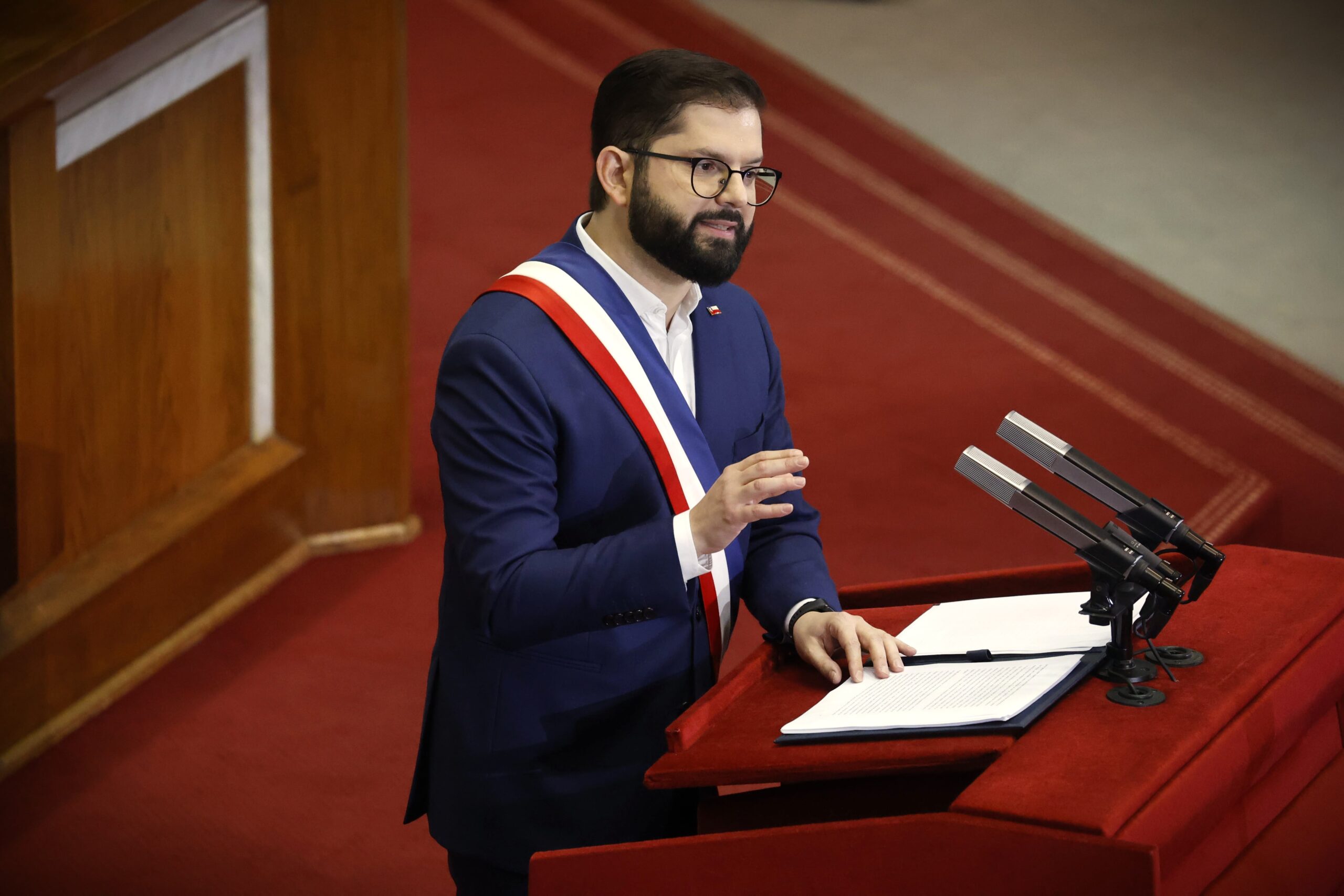
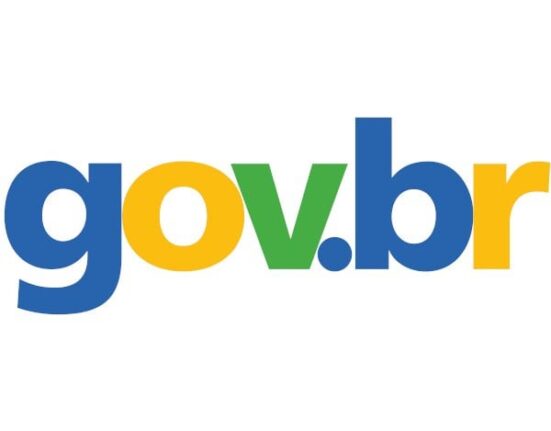
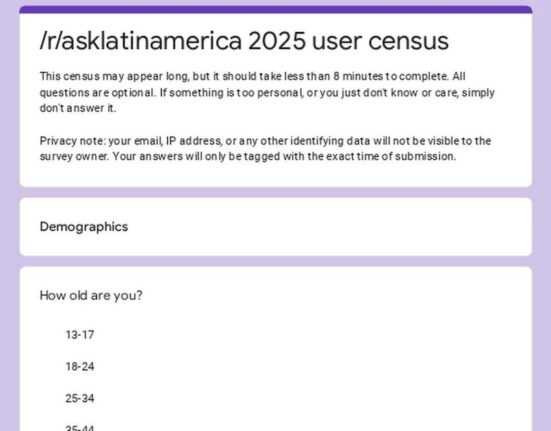

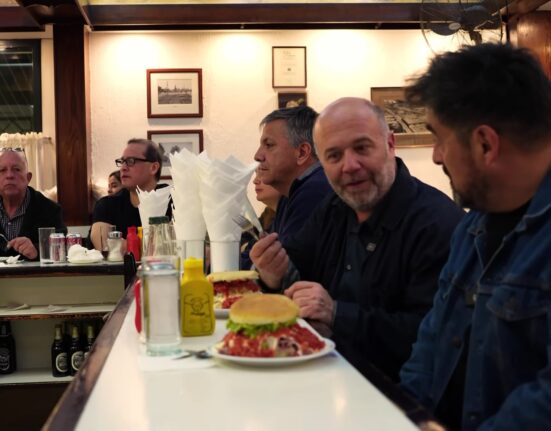

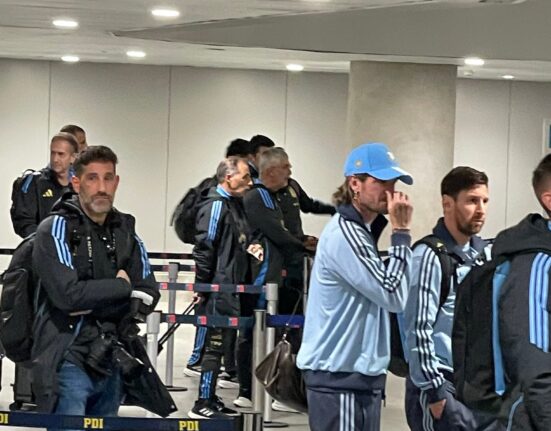
Leave feedback about this